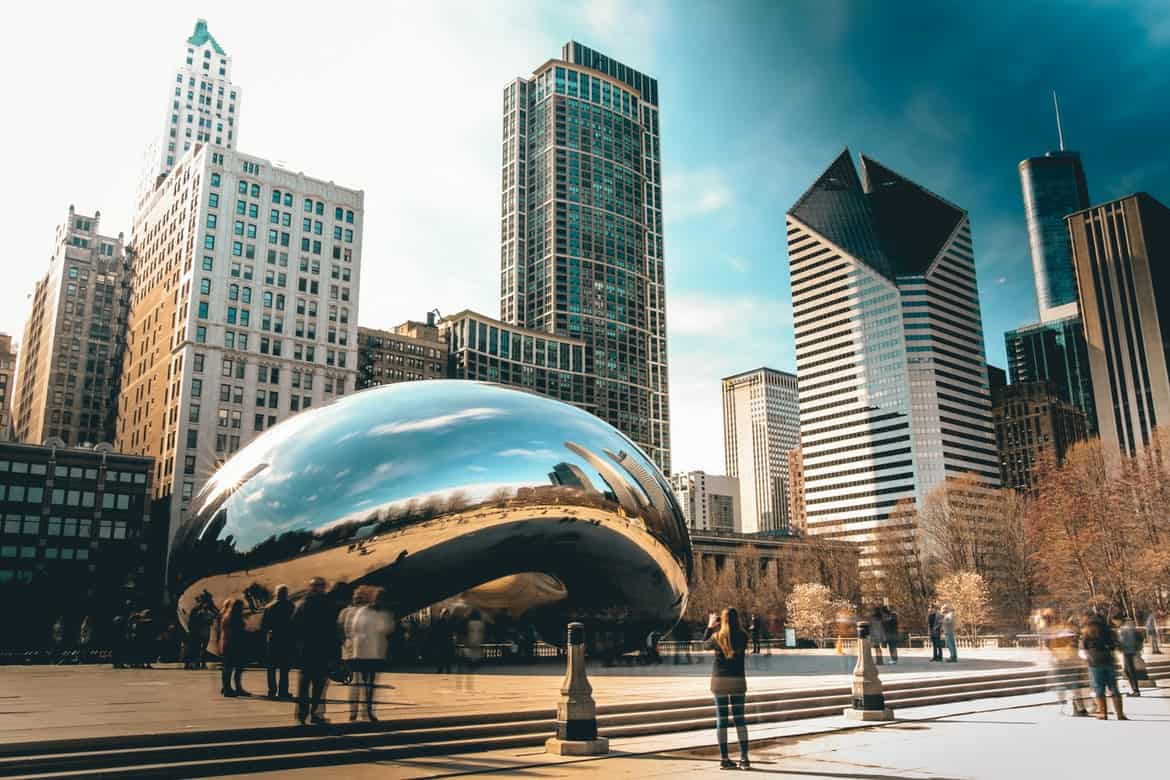
Kevin Vazquez is a staff attorney at the International Brotherhood of Teamsters. He graduated from Harvard Law School in 2023. The opinions he expresses on this blog are his own and should not be attributed to the IBT.
The impasse between the Chicago Teachers Union and Chicago authorities came no closer to resolution this weekend, as Mayor Lori Lightfoot rejected a proposal by the union to return to in-person instruction on January 18. “The best, safest place for kids to be is in school,” she said in a joint statement released with Pedro Martinez, the Chicago Public Schools chief executive, on Saturday. “Students need to be back in person as soon as possible. . . . We will not relent.” Lightfoot’s and Martinez’s response came just minutes after the union announced its compromise proposal to return to classrooms later this month, in which it relinquished its prior demand that students produce negative tests before returning to class (despite vast disparities in vaccination rates among students within the city) and said teachers were willing to return to school buildings on Monday, though not for in-person instruction.
Last week, hundreds of thousands of students in Chicago – the nation’s third-largest school district – missed three days of class after members of the Chicago Teachers Union voted not to return to work after school district officials declined the union’s request to move to online instruction, despite the unprecedented surge in infections nationwide, stemming from the highly transmissible Omicron variant, which has caused record-breaking numbers of new cases and continues to overwhelm communities and hospitals. Most school districts have, at the behest of the Biden Administration, nonetheless continued with in-person instruction – despite reports of widespread chaos and confusion inside school buildings.
The acrimonious standoff in Chicago, which has become increasingly rancorous as the week unfolds and the number of days without instruction of any sort, either in-person or online, augment, could partially determine how other large districts elect to manage the Omicron fallout. Many teachers across the country – and their unions – have continued to push back against school reopenings, particularly in light of the Omicron surge, which has increased pressure on Democrats, who have promised to keep schools open, and on district officials nationwide seeking to placate parents frustrated with remote learning. The bottom line, however, is that teachers, like all workers, should be able to determine the conditions in which they feel safe and comfortable working, and their unions permit them to make that decision.
Relatedly, as the Supreme Court began to hear oral arguments in a consolidated set of cases challenging OSHA’s shot-or-test mandate for large employers (which Hannah documented for OnLabor on Friday), Chief Justice John Roberts exhibited skepticism about the Biden rule, seeming to suggest that it should be a federal rather that state responsibility, saying “it’s a little hard to accept the idea” that any single federal agency should call for vaccinations, since several agencies are involved. In response, Solicitor General Elizabeth Prelogar argued that, although threats arising from Covid-19 exist in many different contexts, that does not prohibit OSHA from regulating the hazard – a line of argumentation that did not seem convincing to Roberts. In any event, OSHA’s rule as it stands is set to be implemented on Monday, barring action from the Supreme Court, though the agency has said that it will not issue citations against employers who are “in good faith” attempting to comply with the testing regulations until at least February 9.
On Friday, the NLRB announced that it would move to vacate three Trump-era decisions – ExxonMobil Research and Engineering Co. Inc., Marathon Petroleum Co., and CVS Pharmacy – in which former Republican Board member William Emmanuel took part despite alleged financial conflicts of interest. According to documents released by the Board on Friday, created during an investigation by NLRB Inspector General David Berry, Emanuel owned shares in Exxon Mobil Corp., Marathon Oil Corp., CVS Health Corp., and other companies that had cases before the Board, he did not recuse himself from the cases, and he maintained these investments even after being warned by NLRB ethics officers about potential conflicts of interest. The Board has said that the cases would be re-decided, but no action will be taken until the parties are given adequate time to file briefs.
According to reporting by the Athletic, the MLB is planning to resume negotiations with the MLBPA – the Major League Baseball’s players’ union – later this month, and the league is preparing new proposals to send to the players. If the MLB manages to deliver their proposals in January as it intends, it will mark the first time that owners and players have communicated since the lockout began in December, as Alex detailed for OnLabor last month. As the Athletic notes, however, if the NBA provides an example, in which labor disputes are typically not resolved until the ultimate moment, there should be little reason for optimism over these talks. The objective of a lockout is to impose economic pressure on the workers – i.e., the players – which, of course, is effective only to the extent that the workers are actually feeling the financial pinch, and MLB players are not paid during the offseason. In other words, the lockout will likely become increasingly onerous and effective as the season begins, and it is more likely that a deal will be reached as the season nears, since neither side is undergoing much financial loss during the offseason. In any event, earlier reports have suggested that there is considerable distance between the negotiating positions of the two sides, and, if a deal is to be reached, much progress remains.
Finally, according to recent disclosures filed with the Department of Labor, and as reported by Vice, Amazon has hired Edward Echanique, an anti-union consultant used by Trump International Hotels in 2015, to disrupt the independent Amazon Labor Union’s union drive at its Staten Island warehouse, the company’s largest in New York City. (Although the Trump Hotel spend more than $500,000 on the Las Vegas union drive, the workers ultimately voted to unionize with UNITE HERE, and the NLRB found that the hotel chain illegally fired union supporters during the campaign and, in a foreboding move, attempted to overturn the election results.) This is in line with the aggressive anti-union stance taken by Amazon in the past, such as when it crushed a unionization effort in Alabama last year, using illegal tactics that the NLRB determined are grounds for a second election, which will be held later this year.






Daily News & Commentary
Start your day with our roundup of the latest labor developments. See all
February 27
The Ninth Circuit allows Trump to dismantle certain government unions based on national security concerns; and the DOL set to focus enforcement on firms with “outsized market power.”
February 26
Workplace AI regulations proposed in Michigan; en banc D.C. Circuit hears oral argument in CFPB case; white police officers sue Philadelphia over DEI policy.
February 25
OSHA workplace inspections significantly drop in 2025; the Court denies a petition for certiorari to review a Minnesota law banning mandatory anti-union meetings at work; and the Court declines two petitions to determine whether Air Force service members should receive backpay as a result of religious challenges to the now-revoked COVID-19 vaccine mandate.
February 24
In today’s news and commentary, the NLRB uses the Obama-era Browning-Ferris standard, a fired National Park ranger sues the Department of Interior and the National Park Service, the NLRB closes out Amazon’s labor dispute on Staten Island, and OIRA signals changes to the Biden-era independent contractor rule. The NLRB ruled that Browning-Ferris Industries jointly employed […]
February 23
In today’s news and commentary, the Trump administration proposes a rule limiting employment authorization for asylum seekers and Matt Bruenig introduces a new LLM tool analyzing employer rules under Stericycle. Law360 reports that the Trump administration proposed a rule on Friday that would change the employment authorization process for asylum seekers. Under the proposed rule, […]
February 22
A petition for certiorari in Bivens v. Zep, New York nurses end their historic six-week-strike, and Professor Block argues for just cause protections in New York City.